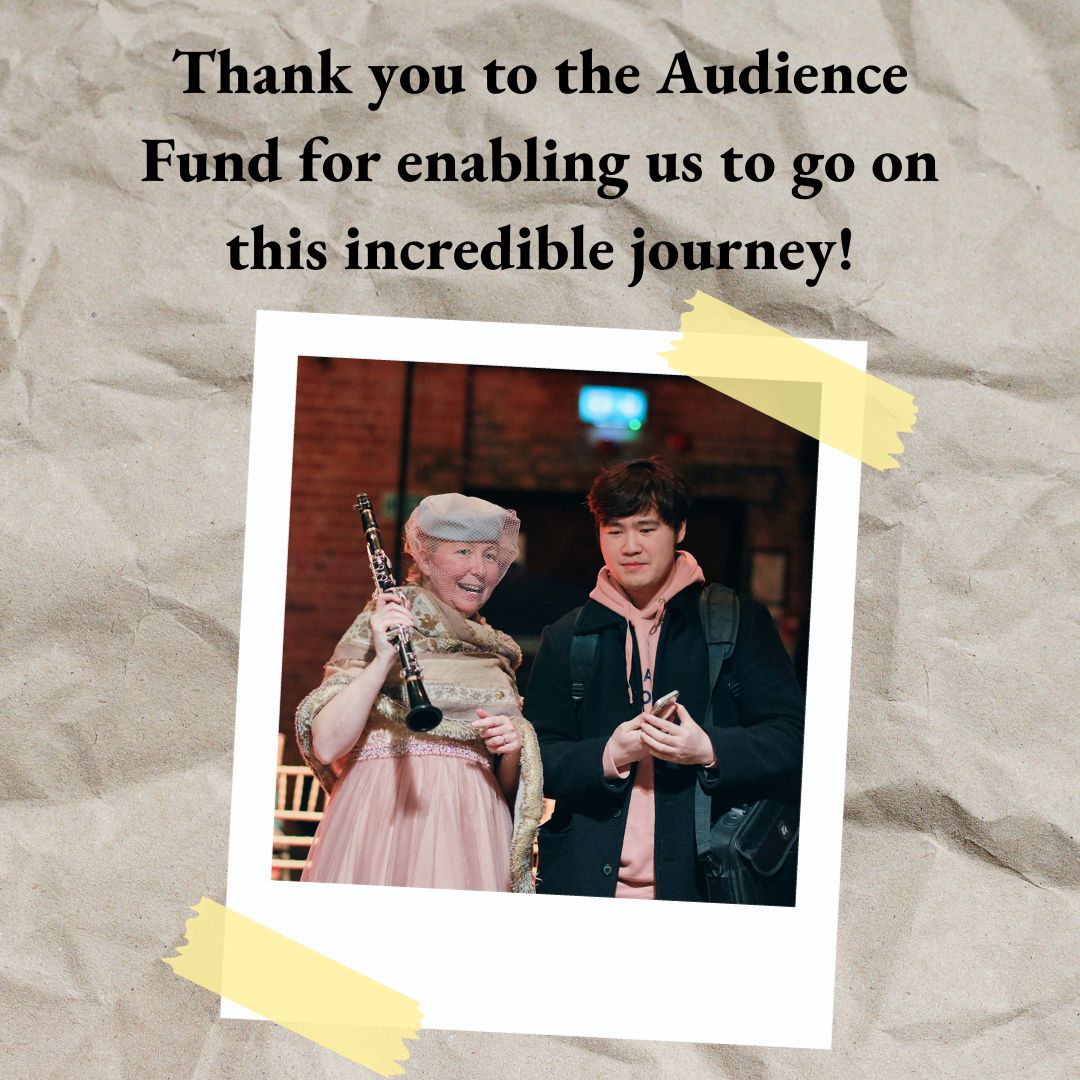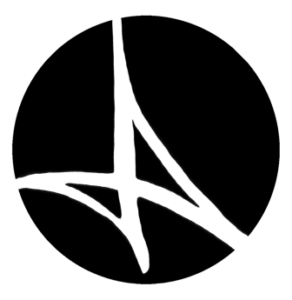Audience development with the RPS Award
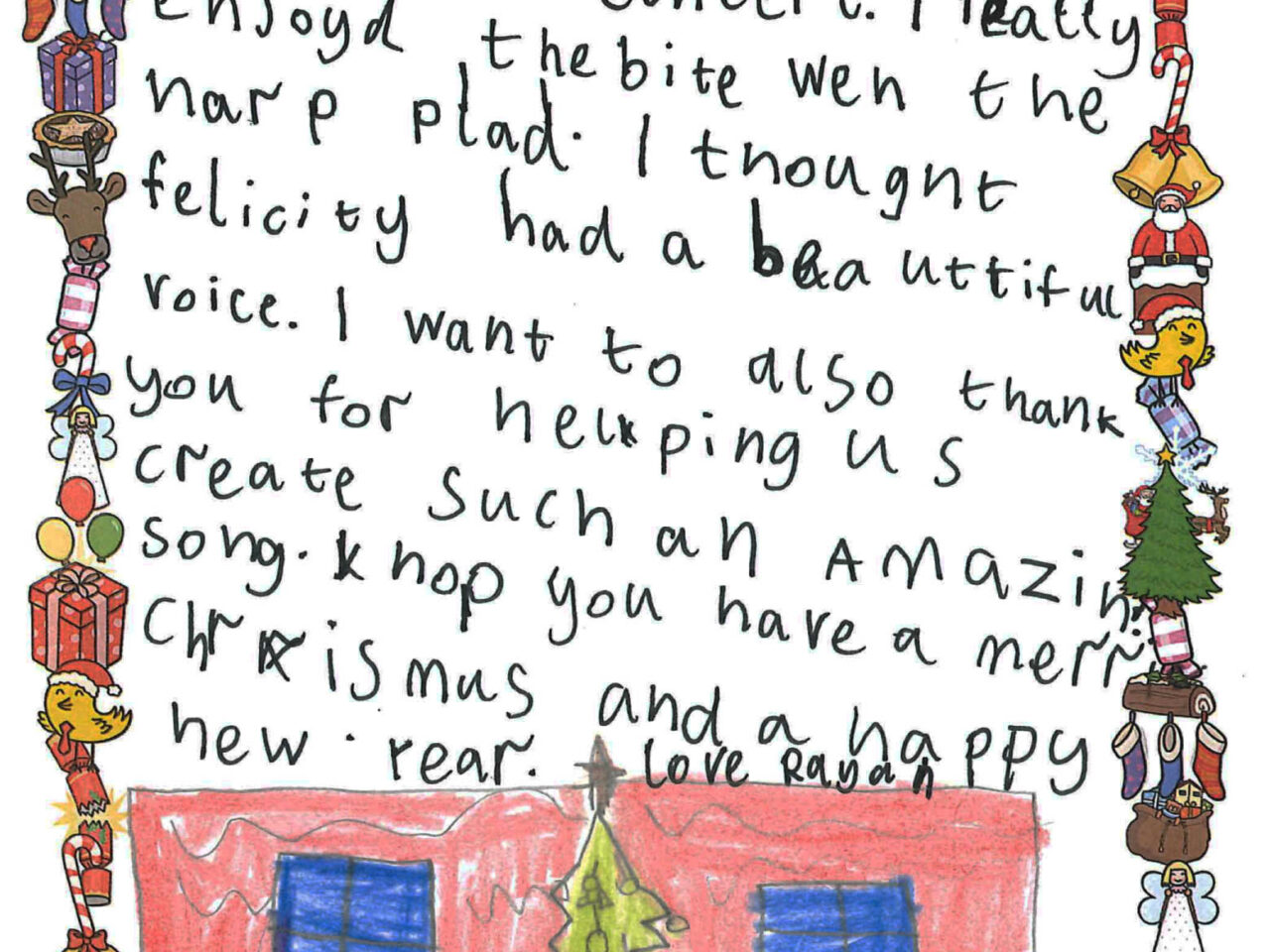
In 2020, we were fortunate enough to be awarded a grant from the RPS Audience Fund (in association with the Rachel Baker Memorial Charity). We have learned some key lessons over the past three years while we worked toward these goals and we wanted to take this opportunity to reflect.
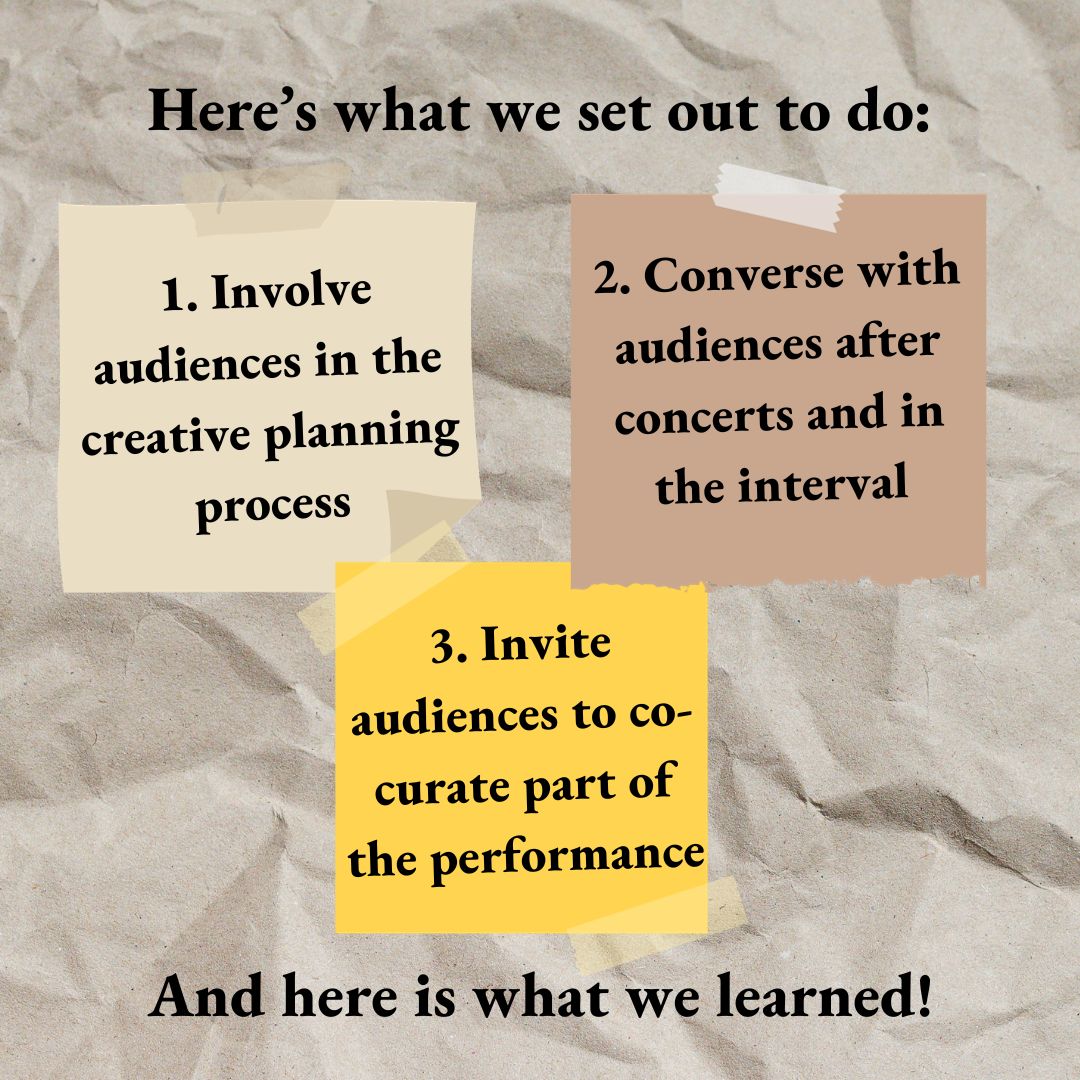
Pivoting to online delivery
With the start of the Covid pandemic at the beginning of 2020, we needed to put most of our plans for live audiences on hold while finding ways to engage with our audiences online, which we did through a series of interactive performances of Comfortable Classical at Home, where audiences could comment live, and a Lockdown Chats video series with our Creative Director, Alexandra Wood. As audiences returned to the concert halls post Covid, we were finally able to put our plans into action.
Making audience members part of our creative planning process
Gathering feedback from our audience members has been incredibly important to us over the last two years. After every concert, we send out surveys to all audience members, asking them to share their opinions on the concert and also make suggestions for improvement for future concerts and programming.
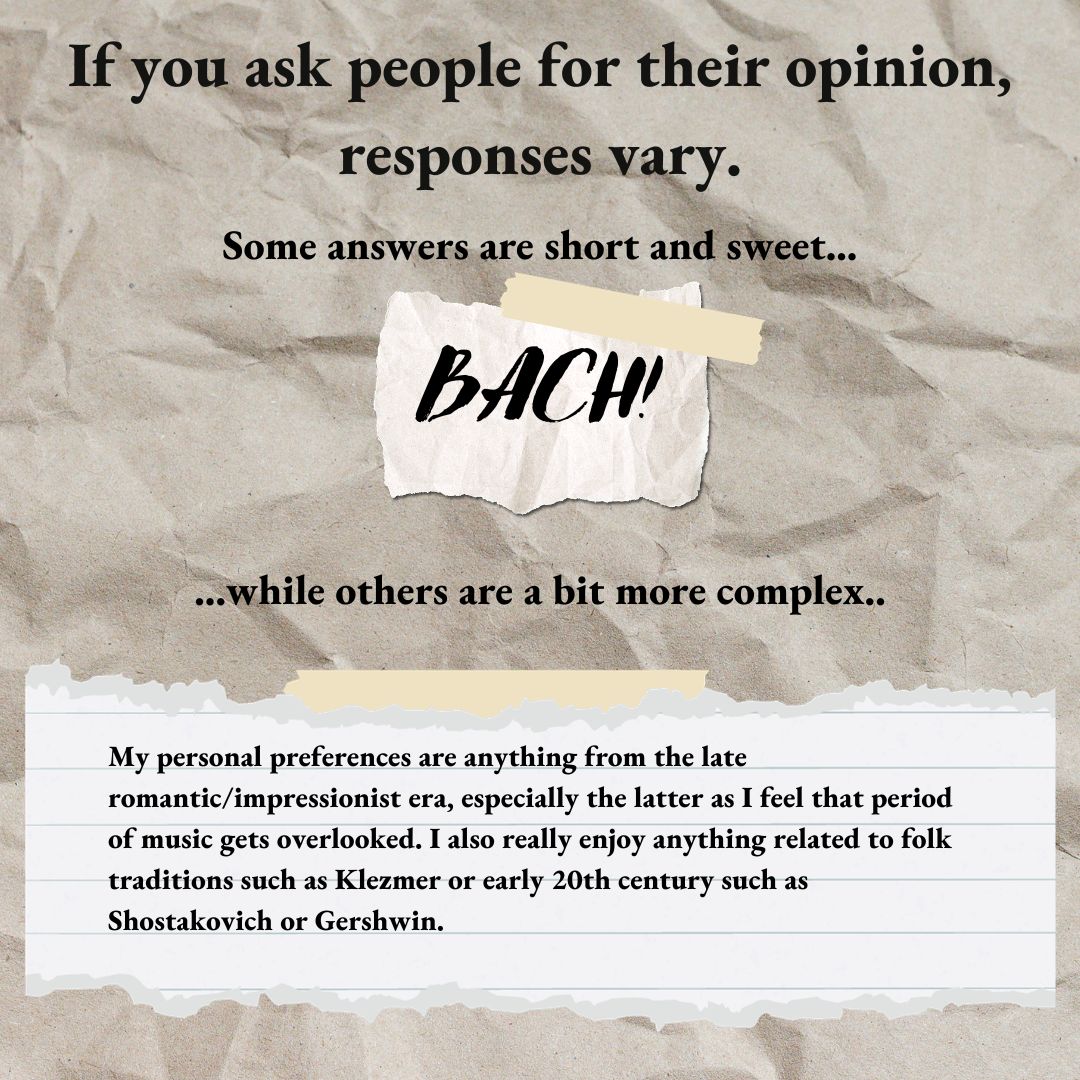
We found the ‘free text’ boxes gave some fascinating responses. As you can see above, asking people what they want to see more of ranged from one-word answers to incredibly specific responses.
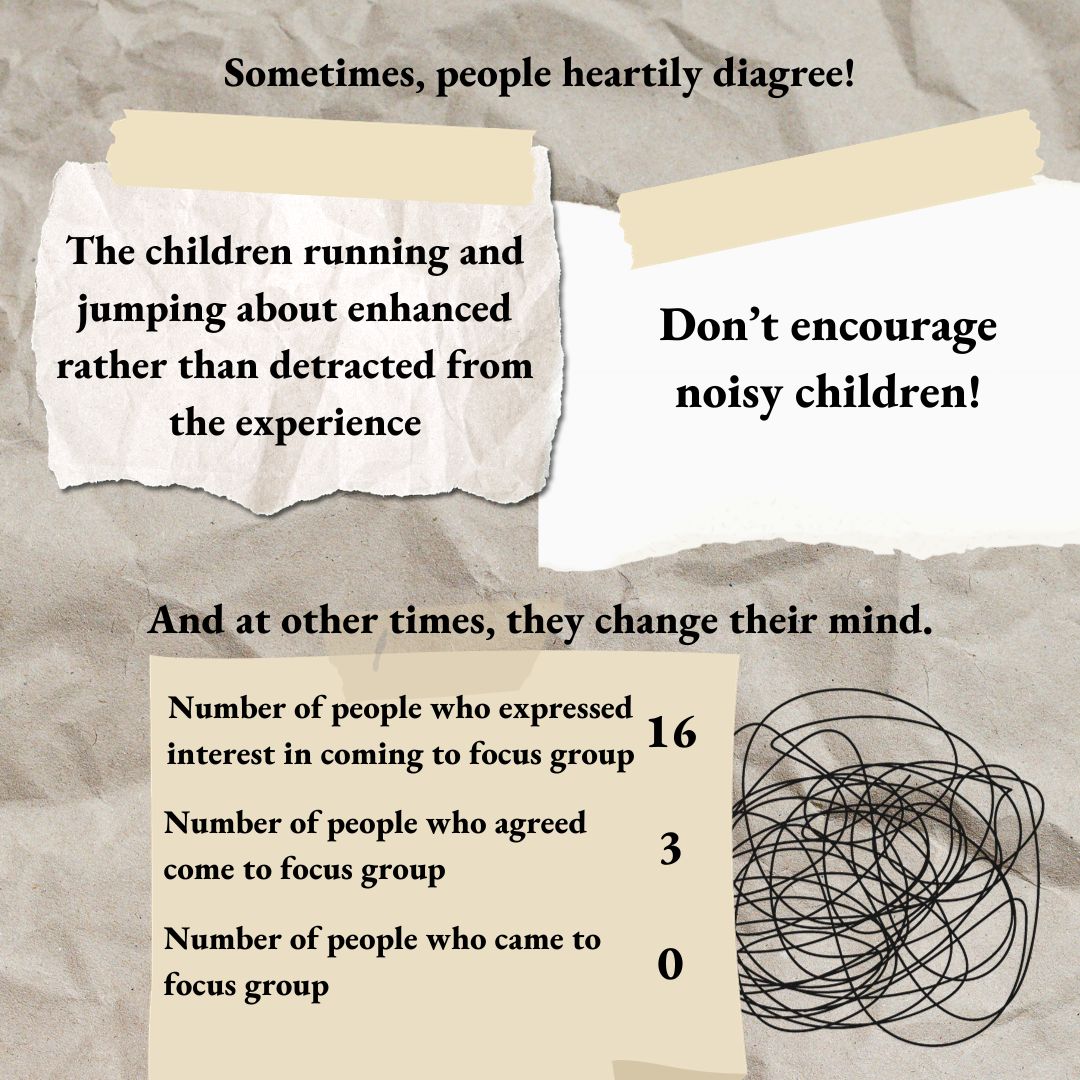
Of course, the surveys also reminded us that our audiences are not all interested in the same thing or the same performance style – like the above feedback from our Coming in from the Cold performances last December, which had a family-friendly early evening concert. It is one of our core beliefs – and one reflected from audiences in surveys – that joy and enjoyment is a valuable audience takeaway, and therefore a valuable thing to offer.
As part of the survey, people are also asked if they would be interested in participating in a focus group. In 2022-23, 16 people expressed interest in participating in a focus group. Of these, three people responded positively to our invitation to join our focus group in February 2023. One person had to pull out a week before the focus group, and two people pulled out on the day, but agreed to respond to the focus group questions in writing.
Two things immediately jumped out to us as interesting: First, the majority of people who initially expressed interest in being part of a focus group described themselves as regular concert goers, which suggests you need to already be invested in the artform to want to give up your time to an organisation. This makes absolute sense, but also goes against our original idea of collecting feedback from first-time concert goers or people who attend concerts irregularly and ask them what we can do to make concerts more accessible. Instead, we found that engaging audiences post-performance was better for new or irregular concert goers, as they’re already there and responding immediately to what they experienced.
The second important learning was that initial interest in being part of a focus group does not automatically translate to actual participation. Going forward, we’ll look at how we can incentivize people to participate if we choose to run focus groups again, but we are much more likely to have spontaneous conversations after performances or rely on the survey results, which people can do in their own time.
Engaging with audiences post-performance
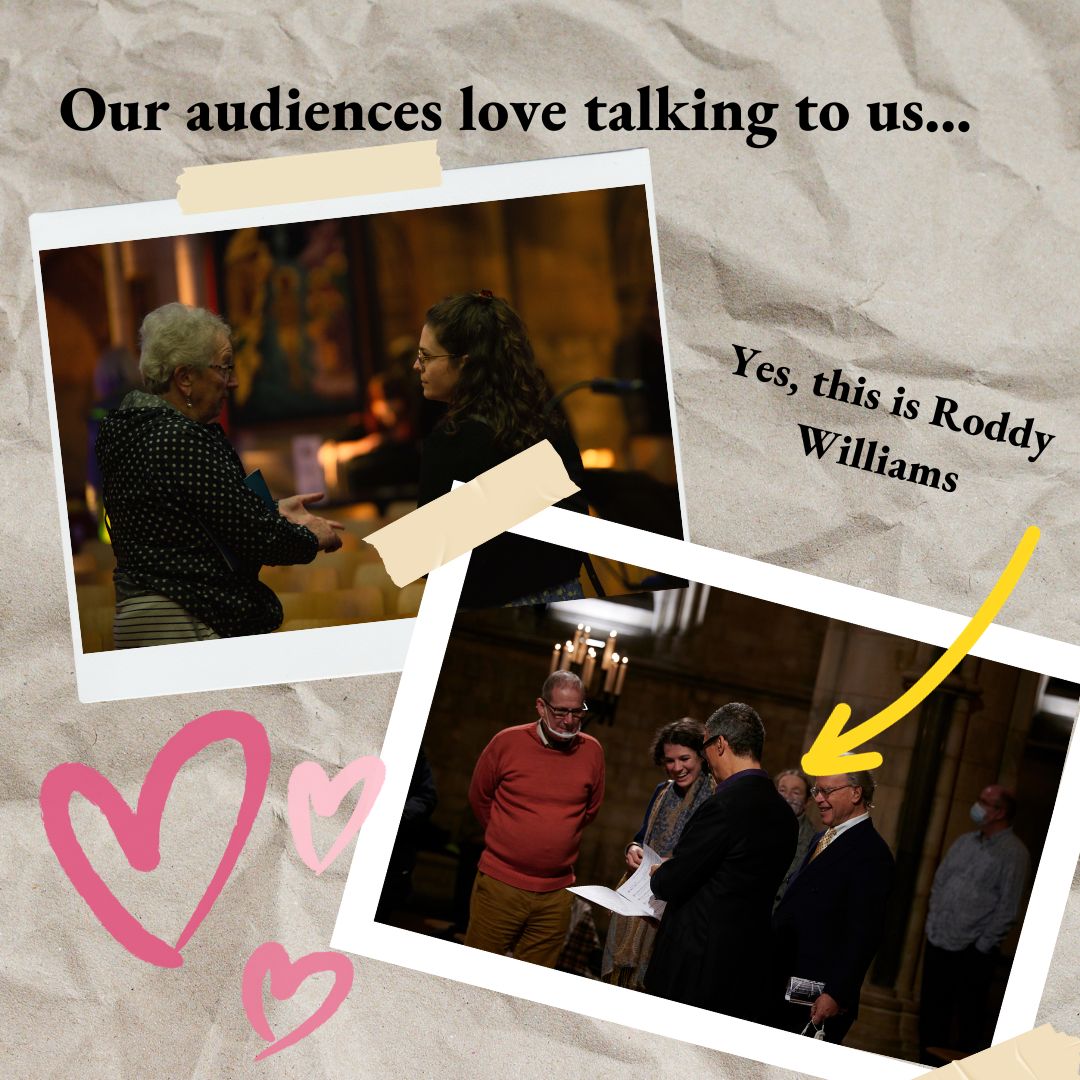
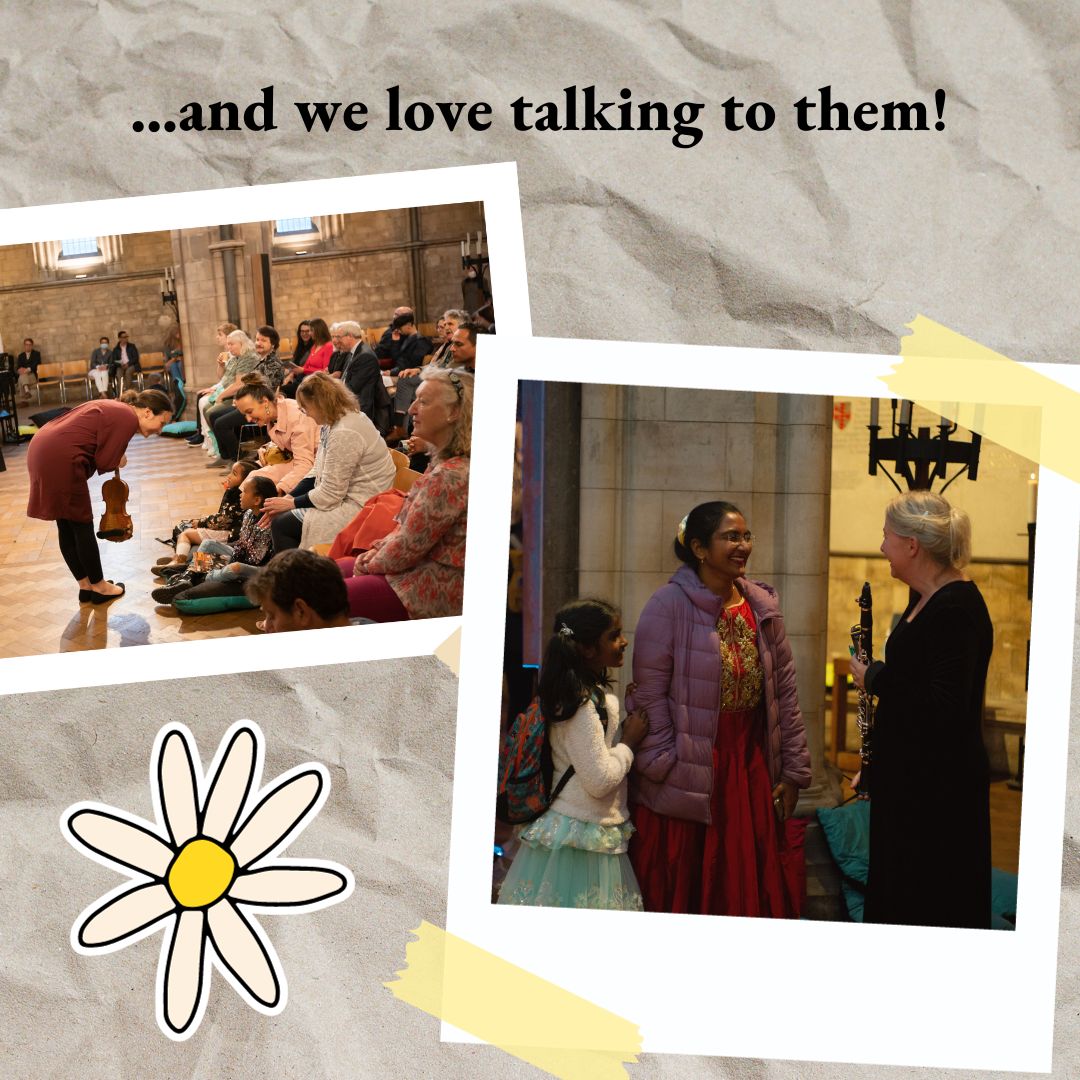
An important pillar of our strategy was to engage audiences post-concert. As we mentioned earlier, this is a great way to gather feedback as people are responding in the moment, and they’re already there – we aren’t asking anyone to take more time out of their day to give us feedback.
In order to facilitate this, we made small adjustments to our concert preparation and run sheet. We left a fifteen-minute window after concerts before the CLS team started packing up chairs, lights, and music stands, so the audience did not feel rushed out of the venue, and where possible we left the bar open and encouraged people to stay for a drink. CLS musicians were also asked to stay after the performance to chat to audience members, which was incredibly successful. Audience members would thank the musicians for the evening and this naturally opened up a dialogue about what they enjoyed, what was unexpected, and their experience of classical music.
We have found this to be one of the greatest ways to gather audience feedback, and will continue to make these adjustments for our performances so we can gather more information that can help to make our concerts more welcoming.
Inviting audiences to be involved in performances
After the pandemic, we also explored different ways of involving audience members in our performances. This is particularly important to us at CLS because of the incredible way our musicians work with participants in care homes, hospitals, and other community and healthcare settings – we wanted to explore how we can bring that sense of connection to the concert platform.
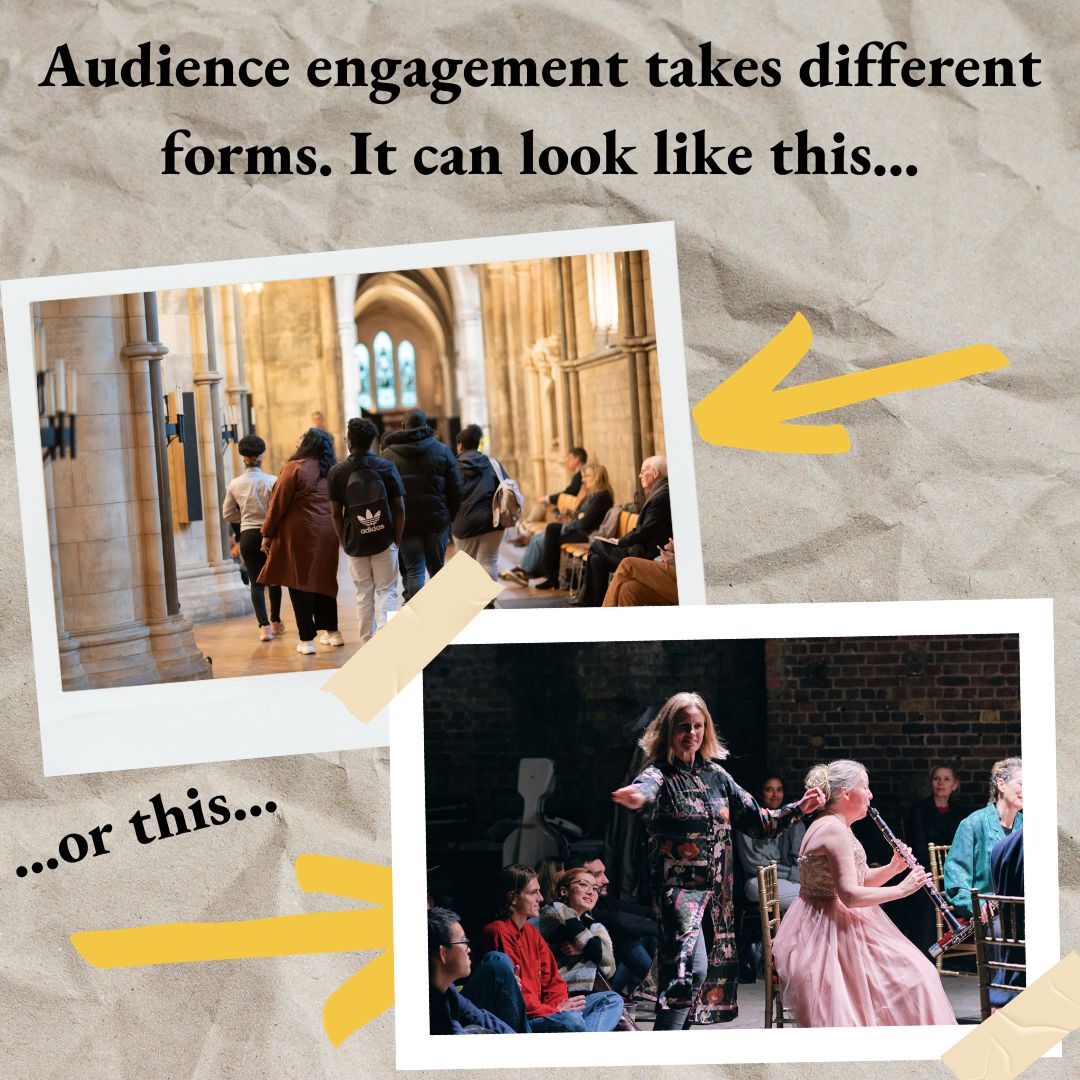
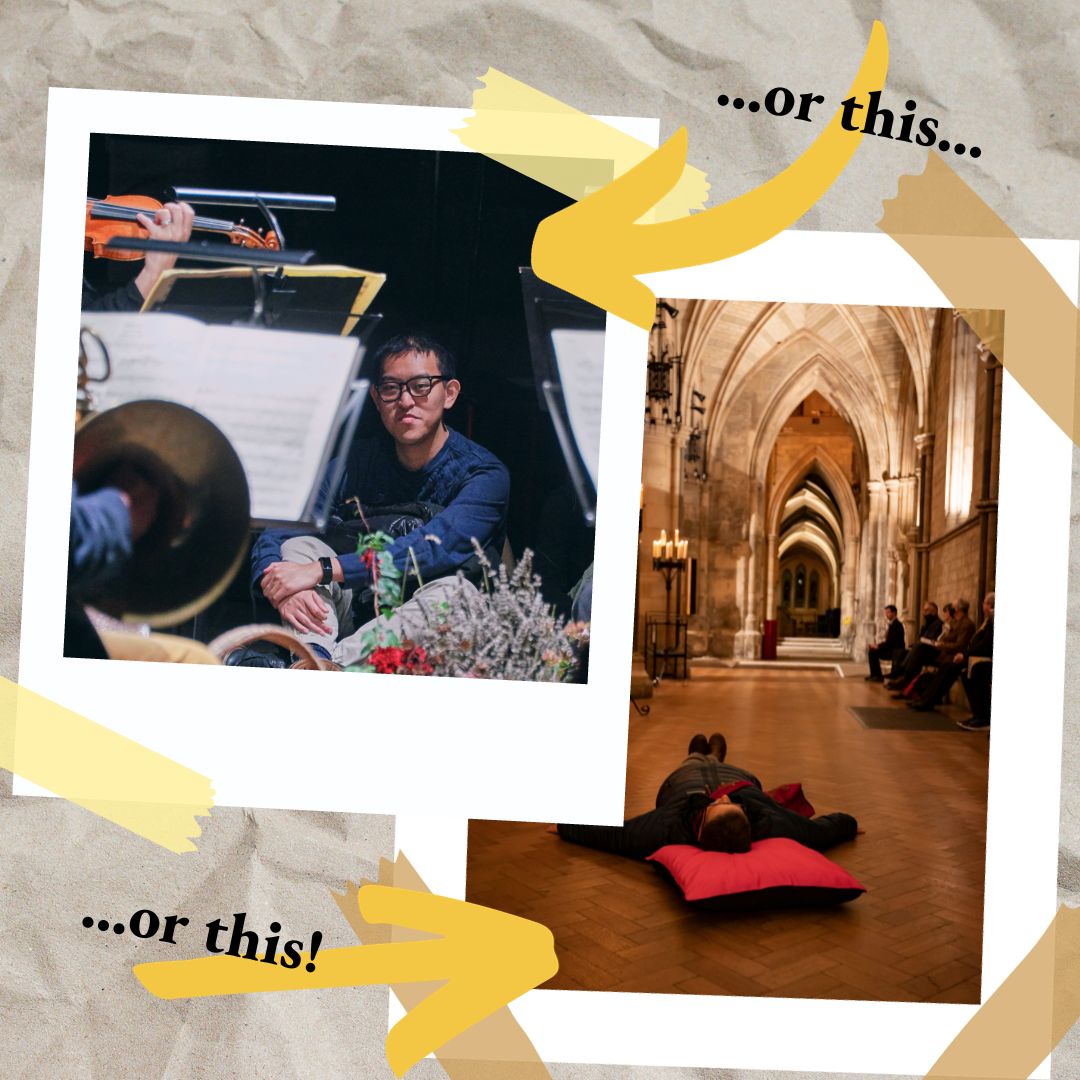
We give people the choice between “seated” or “roaming” tickets. The latter means you’re able to walk around the performance space during the concert, sit (or lay down!) on cushions on the floor, or simply find a spot to take it all in. This allows audiences to curate their own experience of the performance, to an extent, and has received good feedback from people who are first-time concert goers as it removes the anxiety around having to sit still for an entire performance.
In our most recent concert season, we gave audience members the chance to be more involved in the performances. As an example, in Painting with Music in March 2023, audiences had coloured pens and paper and were invited to shade in squares in a grid. The musicians then approached audience members during the performance to look at their artwork and use it as inspiration for a series of improvisations.
We are taking this a step further in our upcoming concert season, and inviting audiences to join us for Come and Sing! Handel’s Messiah as the chorus of this classic work. This is a completely new step for us, and one that we wouldn’t be as confident to take without having the support of the Audience Fund to allow us to test out audience participation in gradual ways over the past few years. And finally, our entire programme will benefit from a refresh because of these learnings, allowing us to continue centering audience experience and providing great experiences for audiences old and new.
